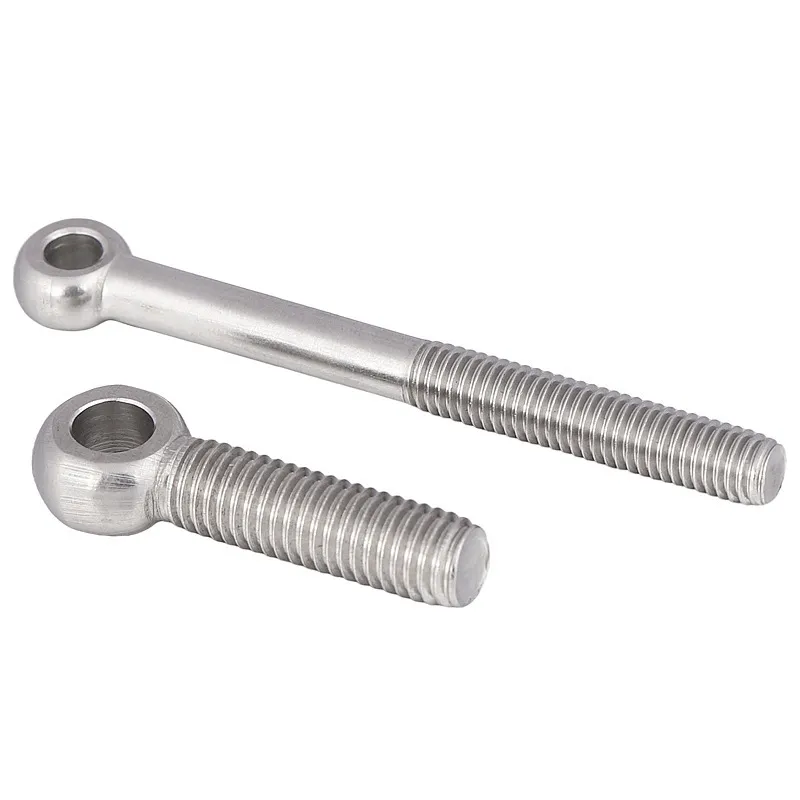

automotive fasteners
10월 . 03, 2024 16:33 Back to list
automotive fasteners
The Significance of Automotive Fasteners in Modern Vehicles
Automotive fasteners are critical components in the assembly and functionality of modern vehicles. These small yet vital parts serve to hold various components together, ensuring structural integrity, safety, and performance. The automotive industry relies on a comprehensive array of fasteners, which include bolts, screws, nuts, washers, rivets, and clips, each designed for specific applications and requirements.
One of the primary functions of automotive fasteners is to secure various parts of the vehicle, from the engine and chassis to the interior fittings and exterior body panels
. The choice of fastener depends on multiple factors, such as the material of the components being joined, the load they will bear, and the environmental conditions they will face. For instance, high-strength bolts and corrosion-resistant screws are commonly used in areas exposed to moisture or harsh conditions, such as in the engine compartment or undercarriage.With advancements in automotive technology, the demand for lightweight and high-strength materials has increased. This trend has led to innovations in fastener design and material selection. Manufacturers are now using advanced alloys and composite materials to produce fasteners that are not only strong and durable but also lightweight. This helps in improving fuel efficiency and overall vehicle performance.
automotive fasteners

Moreover, the automotive industry is experiencing a significant shift towards electric and hybrid vehicles, which has further influenced the design and application of fasteners. Electric vehicles often require specific fastening solutions to manage battery systems, electric motors, and high-voltage electronics, necessitating the development of new fastening technologies. Fasteners in these applications must ensure safety, reliability, and thermal stability under varying operational conditions.
Additionally, the rise of automation and robotics in automotive manufacturing is reshaping how fasteners are used and installed. Automated fastening systems enable precise torque application and consistent installation quality, reducing the risk of human error and enhancing the overall assembly process. This shift not only improves efficiency but also contributes to higher safety standards in vehicle production.
In conclusion, automotive fasteners play an indispensable role in the overall performance, safety, and reliability of vehicles. As the automotive industry continues to evolve, so too will the technology and innovation surrounding fasteners, ensuring that they meet the demands of modern engineering and consumer expectations. The future of automotive fasteners is poised for further advancements that will enhance vehicle performance while addressing challenges related to sustainability and material efficiency.
Latest news
-
Premium Fasteners Manufacturer | AI-Driven Solutions
NewsAug.01,2025
-
Hot Dip Galvanized Bolts - Hebei Longze | High Strength, Corrosion Resistance
NewsAug.01,2025
-
High-Strength Hot Dip Galvanized Bolts - LongZe | Corrosion Resistance, Custom Sizes
NewsAug.01,2025
-
Best Self Tapping Screws for Drywall - Fast & Secure Installation
NewsJul.31,2025
-
High-Strength Hot Dip Galvanized Bolts-Hebei Longze|Corrosion Resistance&Customization
NewsJul.31,2025
-
Hot Dip Galvanized Bolts-Hebei Longze Metal Products|Corrosion Resistance&High Strength
NewsJul.31,2025

